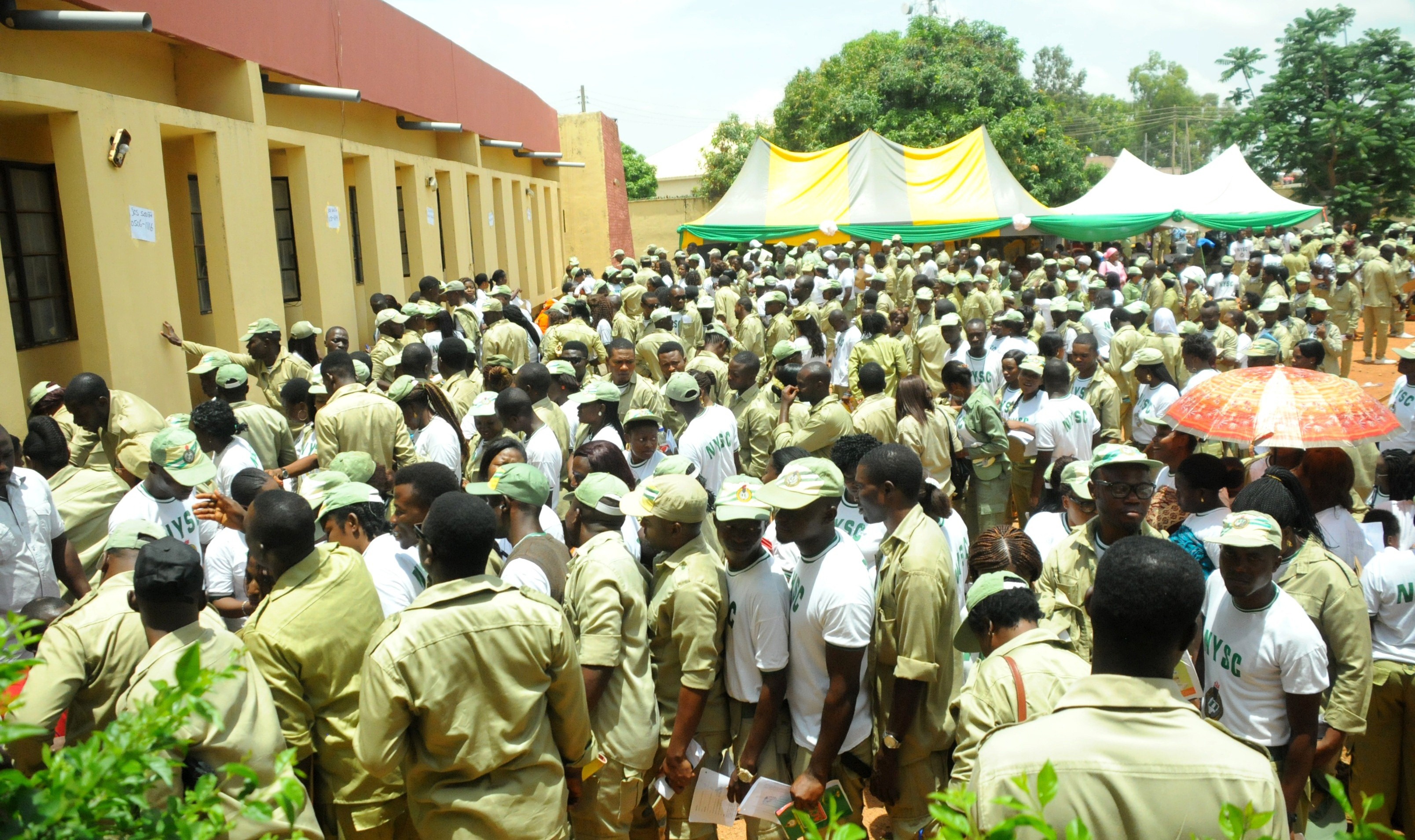BY AJIBOYE AMOS OLAKUNLE
Nigeria stands today at a painful intersection between hope and fear, progress and danger. The country’s insecurity has grown into a national nightmare that touches every family, every community, and every institution. Among its many consequences, one of the most alarming is the continued deployment of young Nigerian graduates, fresh, unarmed, and full of promise, into deeply unsafe parts of the country under the National Youth Service Corps (NYSC). It is time for President Bola Ahmed Tinubu to halt this practice before more lives are needlessly lost immediately.
Too many Nigerian parents now live with constant anxiety. When their children receive posting letters to states known for violent attacks, kidnappings, or communal clashes, joy turns into fear. Conversations shift from “Congratulations” to “Please be careful.” Mothers stay awake at night, praying. Fathers continuously check their phones. Young graduates, instead of feeling excited about their service, carry a heavy burden of worry about what lies ahead. This emotional weight is not imagined; it is shaped by a decade of tragic events that have involved corps members in the worst forms of violence.
Over the years, Nigeria’s security situation has deteriorated into a troubling spread of terrorism, banditry, kidnapping, and communal strife. Regions that were once peaceful now witness daily attacks. Highways have become dangerous corridors controlled by armed criminals. Entire communities are displaced, and even military personnel often fall victim to these threats. If trained and armed security officers are struggling to stay alive, how can the nation justify sending its unarmed youths into the same danger zones?
Advertisement
The suffering experienced by corps members caught in these circumstances is heartbreaking. There are numerous cases of NYSC members kidnapped on their way to camp, their families forced to negotiate ransoms that wipe out life savings. Some corps members have been attacked in their lodges, robbed, assaulted, or traumatised by bandits who stormed at night. Others have died in fatal accidents while trying to avoid unsafe highways, leaving behind devastated families who had looked forward to celebrating their graduation. The most painful stories are those of corps members who never returned home, children whose faces will never again brighten their parents’ lives, whose dreams were cut short by a risk that could have been avoided.
These tragedies are not mere statistics; they are stories of real human beings with hopes, families, and futures. Each loss is a stain on the conscience of the nation.
The NYSC itself was created in 1973 with noble intentions, national unity, cultural exchange, and cross-regional integration, especially after the scars of the Civil War. For many years, it served as a bridge between Nigerians of different backgrounds. It produced friendships, marriages, careers, and opportunities. Millions of Nigerians cherish memories built during their service year.
Advertisement
But Nigeria in 1973 is not the Nigeria of today. The innocence is gone. The environment has changed drastically, and the dangers are far more sophisticated and widespread. A program designed for peace-time integration cannot be blindly applied to a nation grappling with a security crisis. The conditions under which NYSC was created no longer exist. When a country changes, its policies must evolve as well. To continue deploying corps members to volatile states despite the overwhelming evidence of danger is not only insensitive, it is irresponsible.
No national policy, no matter how symbolic or historic, is more valuable than human life. A mother’s tears cannot be justified by “national service.” A father’s heartbreak should never be the price of unity. It is morally indefensible for any government to risk the lives of youths who have not been trained for war, who are not armed, and who have no preparation for confronting violent groups. The primary obligation of any government is the protection of life. When safety cannot be guaranteed, deployment becomes a gamble with death.
President Tinubu, therefore, has a duty, immediate, urgent, and unavoidable, to intervene. He must halt the mobilisation of corps members to unsafe regions and reclassify states based on up-to-date security intelligence. He must offer safer alternatives such as deployment within home states, supervised transportation to camps, or a reformed service model that reflects Nigeria’s present reality. Reform is not a sign of weakness; it is an act of wisdom and compassion.
The youths of Nigeria are the country’s greatest treasure. They are tomorrow’s engineers, teachers, doctors, innovators, and leaders. To expose them to preventable danger is to sabotage the future of the nation itself. No parent should bury a child because of NYSC. No graduate should face death in the name of service. And no government should prioritise symbolism over survival.
Advertisement
This is not just a policy debate. It is a matter of humanity, empathy, and responsibility. Nigeria must choose life over tradition, safety over routine, and its children over any program. President Tinubu must act now before another family is forced to receive a heartbreaking phone call, before another dream is buried, and before the nation loses yet another bright star to the darkness of insecurity.
Protecting the youth is the highest form of nation-building. The NYSC must not become a national sacrifice. It must return to its noble purpose without costing lives.
Olakunle can be contacted via [email protected]
Advertisement
Views expressed by contributors are strictly personal and not of TheCable.


